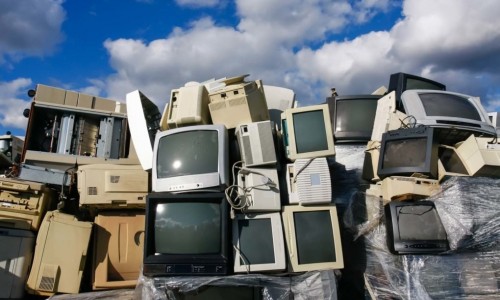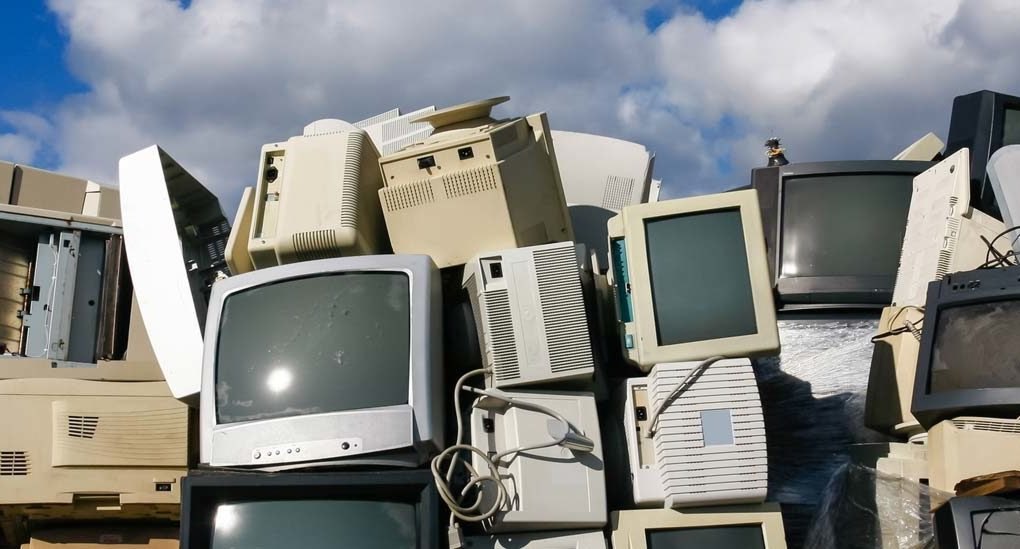RECOMMENDED VIDEOS

Tokyo Metropolitan SME Support Center : Supporting SME…
Tokyo Metropolitan SME Support Center

Center of Innovation & Commercialization for University…
UM Centre of Innovation and Commercialization (UMCIC)

Yayasan Inovasi Malaysia : YIM Ideation Module and Programmes
Yayasan Inovasi Malaysia

Asean IPR (Intellectual Property Rights) SME Helpdesk -…
ASEAN IPR SME Helpdesk

Singapore Environment Council : Singapore Green Labelling…
Singapore Environment Council
Related Stories
Bronx community garden transformed with sustainable improvements
The Philippines envisions a green smart city to combat pollution in Manila
IE Expo 2018: Asia's Leading Trade Fair for Environmental Technology Solutions
London store recycles 60,000 plastic bottles for 3D-printed interior
Boston just officially banned single-use plastic bags
08 Jun, 2018

Flawed recycling results in dangerous chemicals in black plastic
Others | UNITED STATES | 04 Jun, 2018
Published by : Eco Media Asia
Unsafe recycling of electronic waste has resulted in the distribution of dangerous chemicals into new products made out of black plastic. Published in Environment International, a new study documents the presence of bromide and lead in 600 consumer products made out of black plastic and clarifies its potential negative impact on human and ecological health. “There are environmental and health impacts arising from the production and use of plastics in general, but black plastics pose greater risks and hazards,” explained study lead author Andrew Turner in a statement. “This is due to the technical and economic constraints imposed on the efficient sorting and separation of black waste for recycling, coupled with the presence of harmful additives required for production or applications in the electronic and electrical equipment and food packaging sectors.”

Although black plastics compose fifteen percent of domestic plastic waste in the United States, they are particularly difficult to recycle. As a result, hazardous chemicals that were originally used as flame retardants or for color are being processed back into new products. “Black plastic may be aesthetically pleasing, but this study confirms that the recycling of plastic from electronic waste is introducing harmful chemicals into consumer products,” explained Turner. “That is something the public would obviously not expect, or wish, to see and there has previously been very little research exploring this.”
Of particular concern is black plastic’s wide usage in food service, with the majority of black plastic being used in food trays or packaging. The black plastic also risks poisoning marine life as its dangerous chemicals seep into the ocean through microplastics. However, the presence of dangerous chemicals, such as the potentially cancer-causing bromine, is not limited to food products; it is also found in plastic jewelry, garden hoses, Christmas decorations, coat hangers and tool handles at high, and possibly even illegal, levels. Given the health risks, the industry must reform. “[T]here is also a need for increased innovation within the recycling industry to ensure harmful substances are eliminated from recycled waste and to increase the recycling of black plastic consumer products,” said Turner.
Article from inhabitat.com
by Greg Beach
